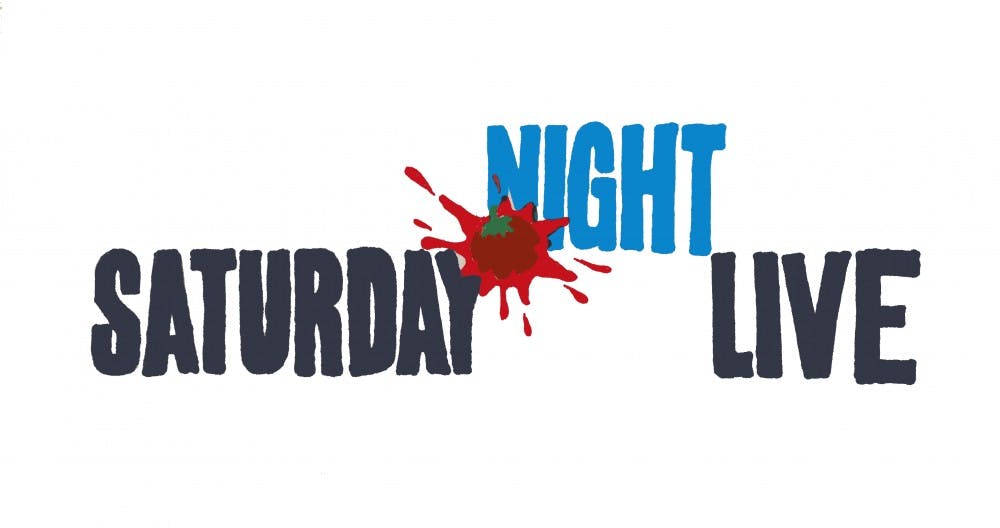Saturday Night Live, the bastion of American satire and late–night humor, has largely been lauded for its jabs at contemporary politics and culture. Since its creation in 1975 by Lorne Michaels, the program has churned out successful comics, television and film writers, and actors. While the television show does consistently create a handful of interesting characters and skits, SNL often quickly turns into a trite amalgam of reused jokes and tropes that beg the question: is SNL actually terrible? To which I answer, yes, it is.
As expected with mainstream comedy, most sketches centered around the political realm feel as if they’re made for people with an aggressively normal sense of humor. Of course, a show that pivots its content towards an audience with little engagement with political consciousness could only do so much. Rather than actually making jokes that are both entertaining and thought provoking, incumbent head writers, including Michael Che, Bryan Tucker, and Colin Jost, would much rather create another sketch with overdone Donald Trump jokes. We get it; he’s dumb.
To be fair, Colin Jost does venture out of this comfortable bubble of monotonous writing to perform queerphobic weekend updates as an anchor.
After the election of Donald Trump to the United States presidency, many were quick to find the cause of his victory. Most academics would argue that a combination of the Democrats’ failure to put forth a plan of voter outreach, voter disenchantment with the state, online media campaigns, and mobilization of class and xenophobic anxieties culminated with Trump’s victory. Colin Jost, however, would much rather make a vague, seemingly jocular suggestion that a growing acceptance of existent identities allowed for this reality. Of course, a joke is a joke...except it’s not.
Disparagement humor, comedy that attempts to amuse through disparagement of particular subcultures is paradoxical, as this form concurrently suggests two incompatible messages. On the one hand, this joke doesn’t count as prejudice or aggression because it's meant “jokingly.” On the other, its meaning conveys a hostility and antagonism against an already marginalized, targeted demographic. In receiving backlash for his boring, queerphobic joke, Colin Jost tried to emphasize the triviality of his comments. However, the notion that targeted, disparaging humor can exist in a vacuum without any repercussions has proved to be false; an increasing number of academia shows that such logic only leads to greater discrimination. Though what more could possibly be expected from SNL?
As writer Jetta Rae notes, “I’m not going to waste my time appealing to Colin Jost’s sense of shame. SNL has been a flagship in normalizing transphobic violence. Whenever they can get a misogynist, anti–LGBT, fundamentalist Republican to come on their show and be in on the joke of their own reprehensibility, they do it, every time. Anyone who works for SNL is impervious to such appeals.”
What matters to SNL is popularity and the expediently humorous comedy. The next time you have to sit through another overdone Trump joke during Saturday Night Live—well, just turn off the TV.

